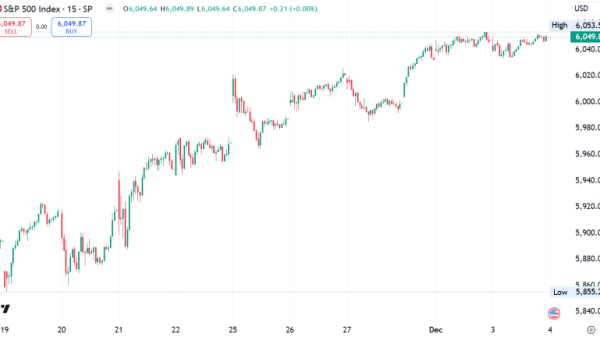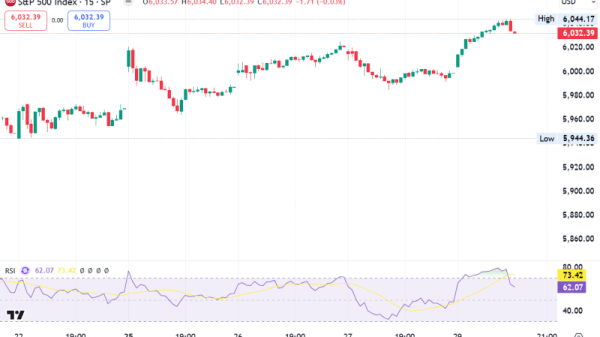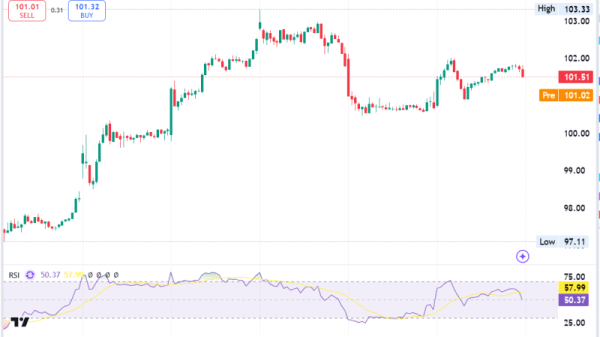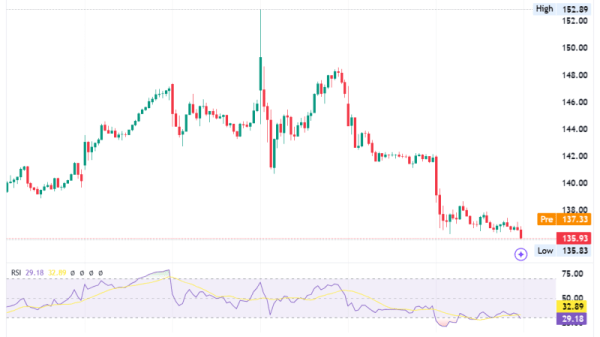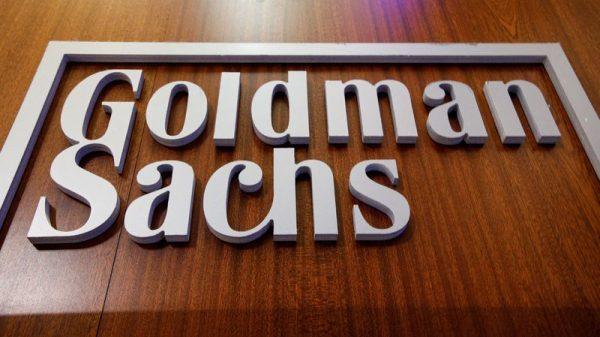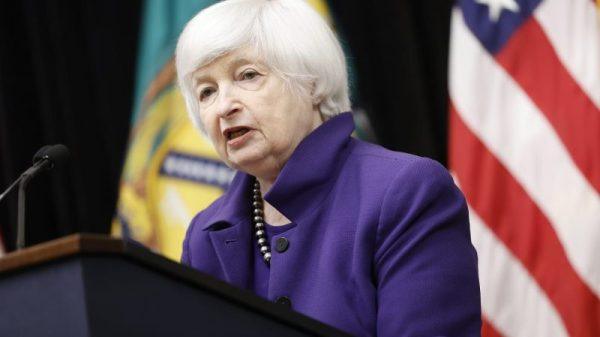By Howard Schneider
BALTIMORE (Reuters) -The U.S. central bank’s benchmark policy rate should stay restrictive until it is more certain that inflation is returning to its 2% target, Richmond Federal Reserve President Thomas Barkin said on Friday.
“I think there is more upside risk than downside risk” to inflation, given the economy’s continued strength and the possibility of renewed wage and other price pressures, Barkin told the Maryland Bankers Association in Baltimore. “I put myself in the camp of wanting to stay restrictive for longer as opposed to the other school, which would be ‘we’re done, so why not take rates down to neutral.’”
Though Barkin is not a voting member of the Fed’s rate-setting committee this year, his comments reflect a developing debate inside the central bank about when to cut interest rates again and how to account for an increasingly uncertain economic environment as President-elect Donald Trump prepares to take power again later this month.
Barkin anticipates a generally positive economic outlook for the coming year, with consumer spending likely to remain strong and businesses generally optimistic about what they see as pro-business tax and regulatory policies from the new administration.
Heightened price sensitivity among consumers, meanwhile, should keep inflation in check and declining towards the Fed’s target, Barkin said.
The impact of Trump’s trade and immigration policies, however, could also add to price and wage pressures, while the economy’s overall strength holds risks as well that inflation may remain elevated.
“How economic policy uncertainty resolves will matter. But, with what we know today, I expect more upside than downside in terms of growth,” Barkin said, with potentially “more risk on the inflation side” if, for example, hiring strengthens.
With businesses optimistic and consumers still spending, Barkin said he felt the job market “is more likely to break toward hiring than toward firing.”
INFLATION UNCERTAINTY
The Fed cut its benchmark policy rate by a quarter of a percentage point at its meeting last month, and lowered it a full percentage point over its final three meetings of 2024.
But one key measure of inflation, the Personal Consumption Expenditures Price Index excluding food and energy, was at 2.8% in November and has been stuck in the 2.6%-2.8% range since May. Trump’s victory in the Nov. 5 U.S. presidential election has thrown further doubt around the upcoming path of prices, with his threat to impose higher tariffs on imports and tighten immigration controls possibly adding to costs that businesses may try to pass through to consumers.
Fed policymakers in December projected the benchmark rate would fall only another half of a percentage point this year, and investors largely expect the central bank to hold its policy rate in the current 4.25%-4.50% range at its Jan. 28-29 meeting.
The case for further reductions, Barkin said, would hinge on “real confidence that inflation has stably gotten down to the 2% target … The second would be a significant weakening on the demand side of the economy.”

